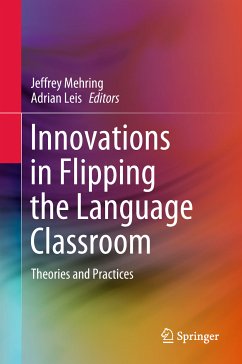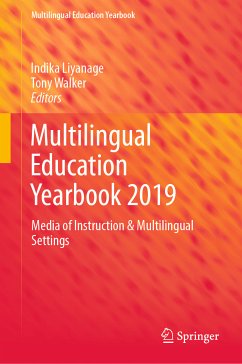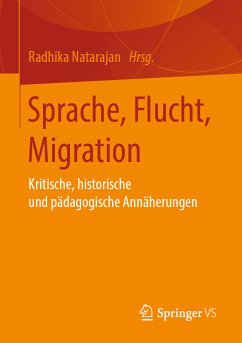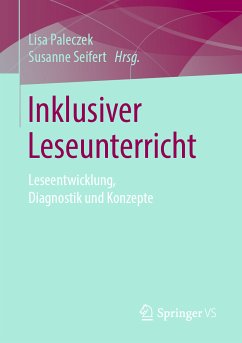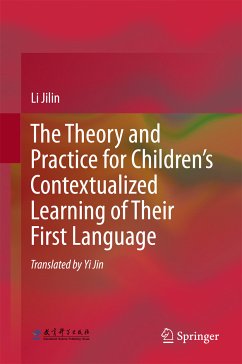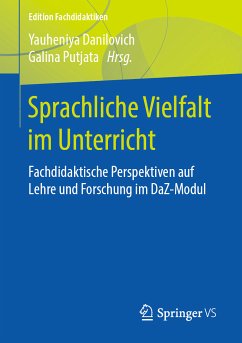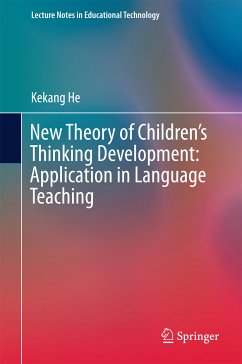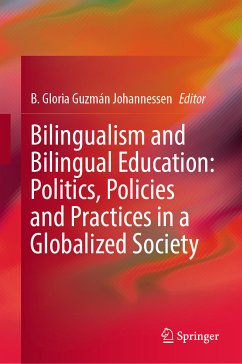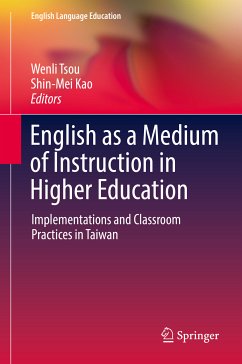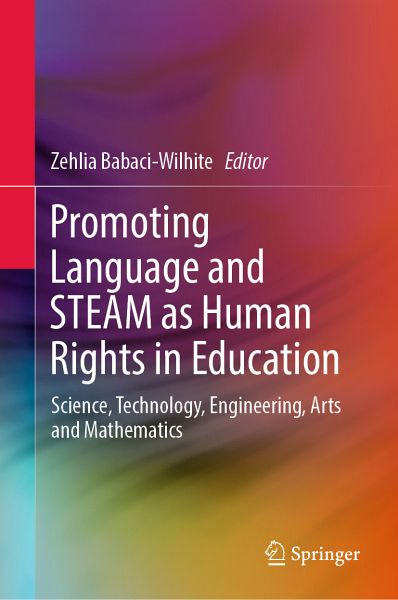
Promoting Language and STEAM as Human Rights in Education (eBook, PDF)
Science, Technology, Engineering, Arts and Mathematics
Redaktion: Babaci-Wilhite, Zehlia
Versandkostenfrei!
Sofort per Download lieferbar
104,95 €
inkl. MwSt.
Weitere Ausgaben:

PAYBACK Punkte
52 °P sammeln!
This book argues that integrating artistic contributions - with an emphasis on culture and language - can make Science, Technology, Engineering and Mathematics (STEM) subjects more accessible, and therefore promote creativity and innovation in teaching and learning at all levels of education. It provides tools and strategies for managing interdisciplinary learning and teaching based on successful collaborations between researchers, practitioners and artists in the fields of the Arts and STEM subjects. Based on contributions by educators, scientists, scholars, linguists and artists from around ...
This book argues that integrating artistic contributions - with an emphasis on culture and language - can make Science, Technology, Engineering and Mathematics (STEM) subjects more accessible, and therefore promote creativity and innovation in teaching and learning at all levels of education. It provides tools and strategies for managing interdisciplinary learning and teaching based on successful collaborations between researchers, practitioners and artists in the fields of the Arts and STEM subjects. Based on contributions by educators, scientists, scholars, linguists and artists from around the globe, the book highlights how we can demonstrate teamwork and collaboration for innovation and creativity in STEAM subjects in the classroom and beyond.
Dieser Download kann aus rechtlichen Gründen nur mit Rechnungsadresse in A, B, BG, CY, CZ, D, DK, EW, E, FIN, F, GR, HR, H, IRL, I, LT, L, LR, M, NL, PL, P, R, S, SLO, SK ausgeliefert werden.



